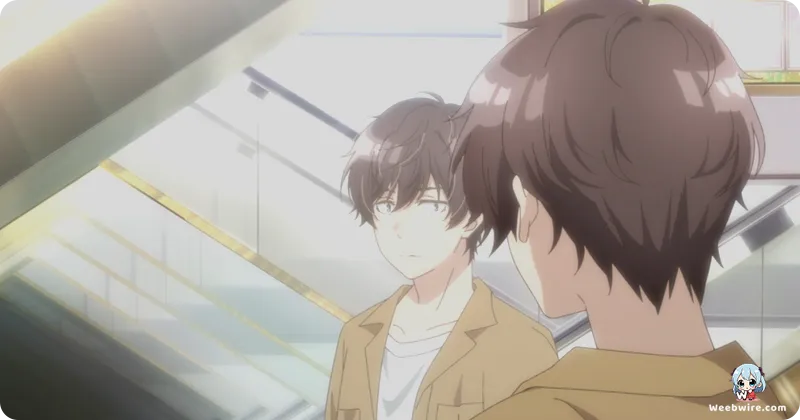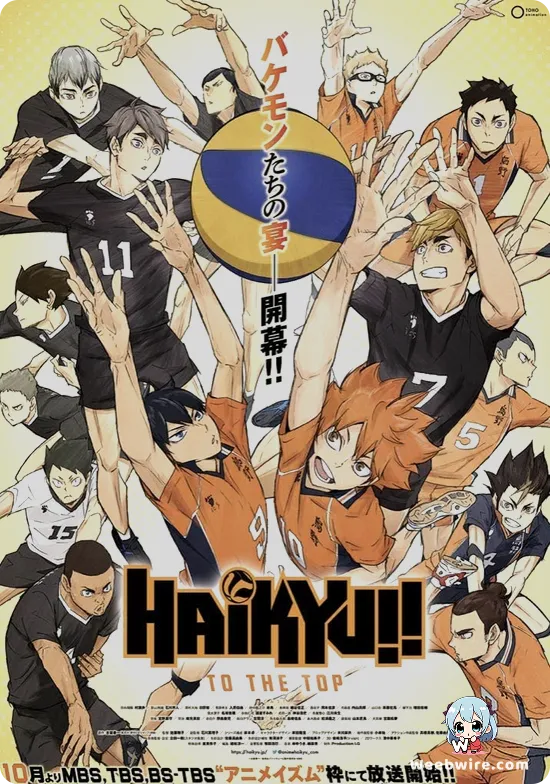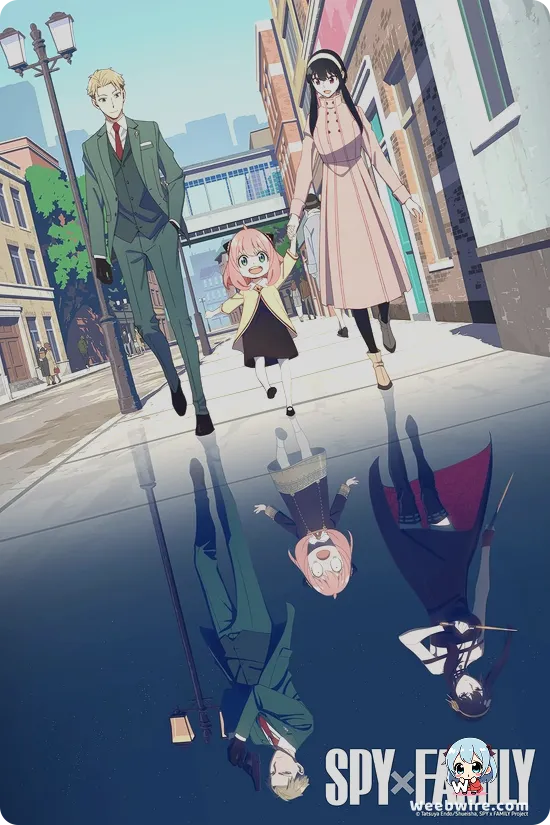Level Up Your Life: How 'Bottom-Tier Character Tomozaki' Ingeniously Gamifies Social Mastery

In the vast and diverse world of anime, few series manage to intertwine insightful social commentary with a truly engaging narrative as effectively as Bottom-Tier Character Tomozaki. This acclaimed series offers a unique perspective, reframing the complex dynamics of human interaction as a strategic game. It provides viewers with a fresh and thought-provoking pathway to personal growth. Far more than a typical romantic comedy, its profound appeal stems from a meticulous examination of social dynamics and the fascinating story behind its creation and widespread reception. It stands as a groundbreaking show, subtly championing the transformative power of strategy and dedication, illustrating that even a seemingly 'bottom-tier' existence can be mastered with the right approach.
The narrative introduces us to Fumiya Tomozaki, a high school student who holds the prestigious title of Japan’s top player in the intense fighting game, Attack Families, often known as Tack-Fami. Yet, despite his virtual prowess, Tomozaki paradoxically perceives his real life as an unwinnable 'bottom-tier' game, burdened by what he sees as significant deficiencies in social skills and charisma. This striking dichotomy forms the emotional core of the series. A key factor contributing to its resonance is how deeply this premise connects with a generation accustomed to the clear rules and progression systems found in video games. This makes Tomozaki's initial frustrations and his subsequent journey profoundly relatable and tangible. It is reported that light novel author Yuki Yaku drew inspiration from popular self-help literature, cleverly applying these concepts to an accessible anime protagonist. The result is a narrative that skillfully blends escapist entertainment with practical instruction.
The series truly shifts its focus when Tomozaki encounters Aoi Hinami, a classmate who embodies everything he aspires to be: popular, intelligent, athletic, and seemingly flawless. What makes this encounter particularly captivating is the revelation that Hinami is also an elite Tack-Fami player. She takes on the extraordinary role of 'coaching' Tomozaki in the 'game of life.' This distinctive mentor-mentee relationship distinguishes the series from conventional romance anime, where relationships often develop by chance. Instead, Hinami provides Tomozaki with concrete, actionable 'quests' and 'strategies' designed to elevate his social standing. For instance, one of Hinami's earliest and surprisingly complex assignments involves mastering the 'fake smile' – a seemingly simple task that Tomozaki struggles with, thereby highlighting the nuanced performance inherent in social interactions. This granular breakdown of social cues is a defining characteristic of the series and a primary reason for its popularity among viewers who appreciate practical advice subtly integrated into entertainment.

An especially intriguing layer to the story is Hinami’s own character. While she initially appears effortlessly perfect, the series gradually reveals that her 'perfection' is not an innate quality. Rather, it is the direct product of her own rigorous self-training and strategic foresight. She, too, views life as a game to be conquered, and her commitment to this philosophy is absolute. This revelation adds significant depth to the narrative, subtly suggesting that even those who appear inherently successful are often diligently striving behind the scenes. It delivers a powerful message that challenges the common perception of inherent talent versus cultivated skill, making Hinami a far more complex and human character than her initial portrayal might suggest.
Furthermore, the anime adaptation, skillfully produced by studio project No.9, played a pivotal role in vividly translating the nuanced expressions and internal monologues of the characters. Project No.9, recognized for its work on other beloved slice-of-life and romantic comedy series such as Higehiro: After Being Rejected, I Shaved and Took in a High School Runaway and The Angel Next Door Spoils Me Rotten, possesses a distinctive talent for capturing the subtle emotional beats and precise comedic timing essential for a character-driven story like Tomozaki’s. Their animation style, characterized by vibrant colors and fluid character designs, perfectly complements the series' lighthearted yet thoughtful tone. This ensures that Tomozaki's initial awkwardness and his eventual growth are both endearing and entirely believable. The studio's ability to render the minute details of Tomozaki's social missteps and small triumphs stands as a testament to their deep understanding of the source material.
Fan reception for Bottom-Tier Character Tomozaki has been overwhelmingly positive, largely due to its profound relatability. Many viewers, particularly those who identify as introverted or socially awkward, found Tomozaki's struggles and Hinami's systematic approach to self-improvement incredibly encouraging. The series deliberately avoids a simplistic 'just be yourself' mantra. Instead, it advocates for active self-development and a keen understanding of the 'rules' of social engagement, much like mastering the mechanics of a video game. This pragmatic approach resonated deeply with its audience, transforming the anime into more than mere entertainment. For some, it became a source of practical, albeit fictionalized, guidance. Online discussions frequently center on which 'Hinami strategies' could be effectively applied in real life, showcasing the unique impact the show had on its viewers. The enduring appeal of the series lies in its clever intertwining of gaming culture with personal growth, proving that even a 'bottom-tier' character can indeed level up in the game of life.
Another captivating element is the intricate way the series integrates gaming terminology and concepts throughout its narrative. Beyond the overarching 'life is a game' metaphor, characters routinely discuss 'stats,' 'quests,' 'boss battles,' and 'skill points' within the context of their social interactions. This consistent integration of gaming language not only provides a familiar framework for Tomozaki but also adds a layer of intelligent humor and meta-commentary on how we perceive and navigate our own lives. It serves as a subtle yet profound nod to the gaming community, making the series particularly cherished by those who understand the lexicon of competitive gaming. This detailed application of a gaming mindset to real-world challenges is precisely what elevates Bottom-Tier Character Tomozaki into a truly unique and surprisingly profound exploration of self-improvement and social dynamics in contemporary anime.
Credits
Bottom-Tier Character Tomozaki
Author
Yuki Yaku
Cover Art
Fly
Studio
project No.9
Publisher
Shogakukan
Producers





